Research
Quantum chromodynamics (QCD) is the underlying theory of Strong Interaction. It describes the interactions between quarks and gluons. QCD is strongly coupled at low-enegy scale, which leads to remarkable non-perturbative physics, e.g. confinement and chiral symmetry breaking. The non-perturbative calculation of QCD is one of the most formidable challenges in Physics. It is also the key to answer some of the fundamental questions in Physics, such as how the quarks and gluons are bound together, and how the nuclear forces are formed to bind the nucleons. The non-perturbative properties of hadrons is also the focii of some present and forthcoming high-energy experiments, such as the electron-ion colliders (EICs) and the Super Tau-Charm Facilities (STCFs). For a comprehensive yet readable introduction to QCD, we recommend the following review: F. Gross and E. Klempt et. al., 50 Years of Quantum Chromodynamics, Eur. Phys. J. C 83, 1125 (2023).

 The research of our group delves into the heart of the visible matter, the structures of the hadrons, such as the proton. We aim to understand how the non-perturbative structures of hadrons emerge from the quarks and gluons. To tackle these challenging issues, we employ a combination of theory, phenomenology and computation. One of our favorite approaches is the light-front Hamiltonian formalism. In this approach, the structures of the hadrons are fully described by the wave functions defined at on the light front \(x^+ \equiv ct+z = 0\). It is also closely related to the partonic structures of hadrons. Our ultimate goal is to develop an ab initio computational framework to solve for the light-front wave functions directly from the QCD Hamiltonian. For a review of light-front QCD, see Section 5.3 of the above review 50 years of QCD.
The research of our group delves into the heart of the visible matter, the structures of the hadrons, such as the proton. We aim to understand how the non-perturbative structures of hadrons emerge from the quarks and gluons. To tackle these challenging issues, we employ a combination of theory, phenomenology and computation. One of our favorite approaches is the light-front Hamiltonian formalism. In this approach, the structures of the hadrons are fully described by the wave functions defined at on the light front \(x^+ \equiv ct+z = 0\). It is also closely related to the partonic structures of hadrons. Our ultimate goal is to develop an ab initio computational framework to solve for the light-front wave functions directly from the QCD Hamiltonian. For a review of light-front QCD, see Section 5.3 of the above review 50 years of QCD.
Specific topics of our group include:
- Hadron spectrum and structures
- Holographic QCD
- Basis light-front quantization
- Fock sector dependent renormalization
- Energy-momentum tensor and gravitational form factors
- Chiral symmetry breaking
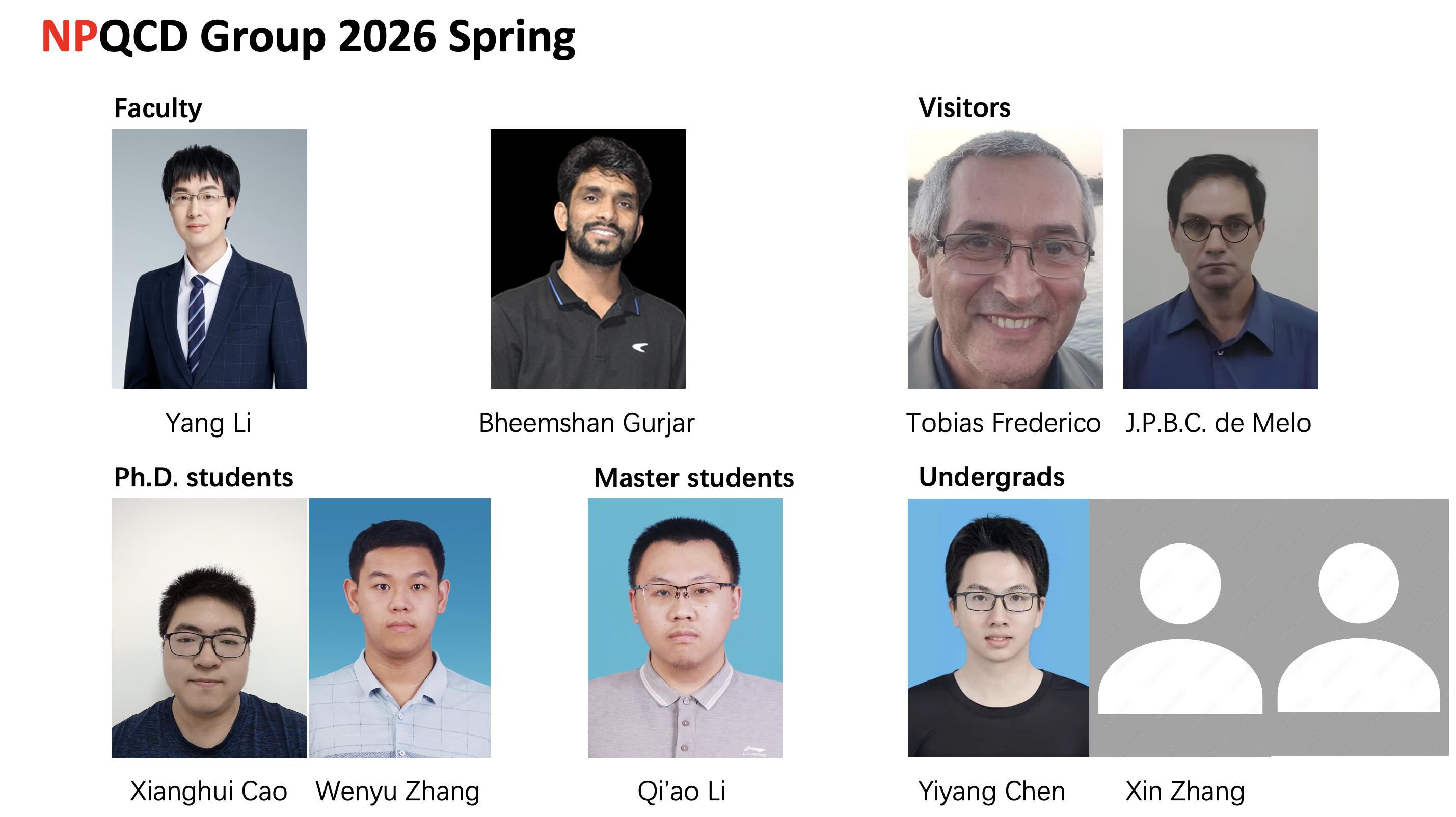
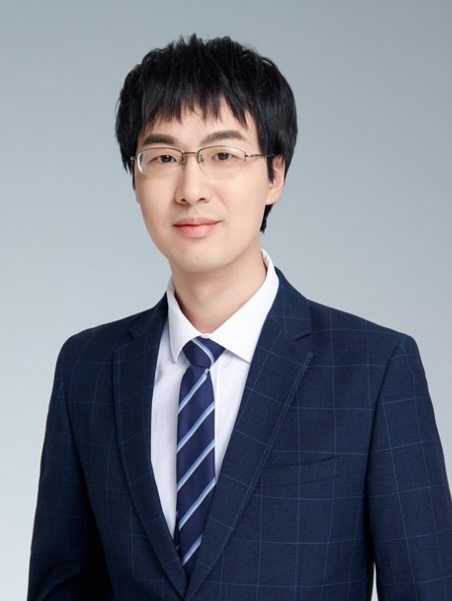 Yang Li
Yang Li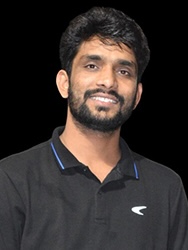 Bheemsehan Gurjar
Bheemsehan Gurjar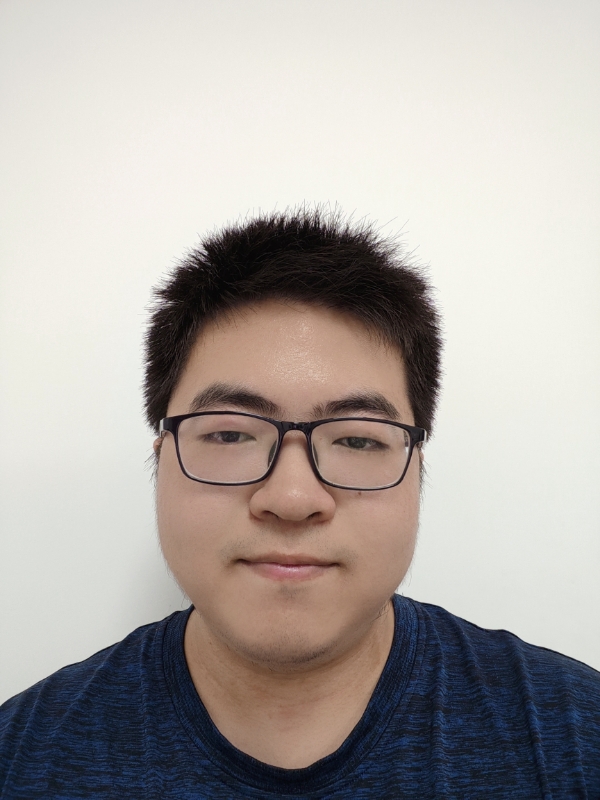 Xianghui Cao
Xianghui Cao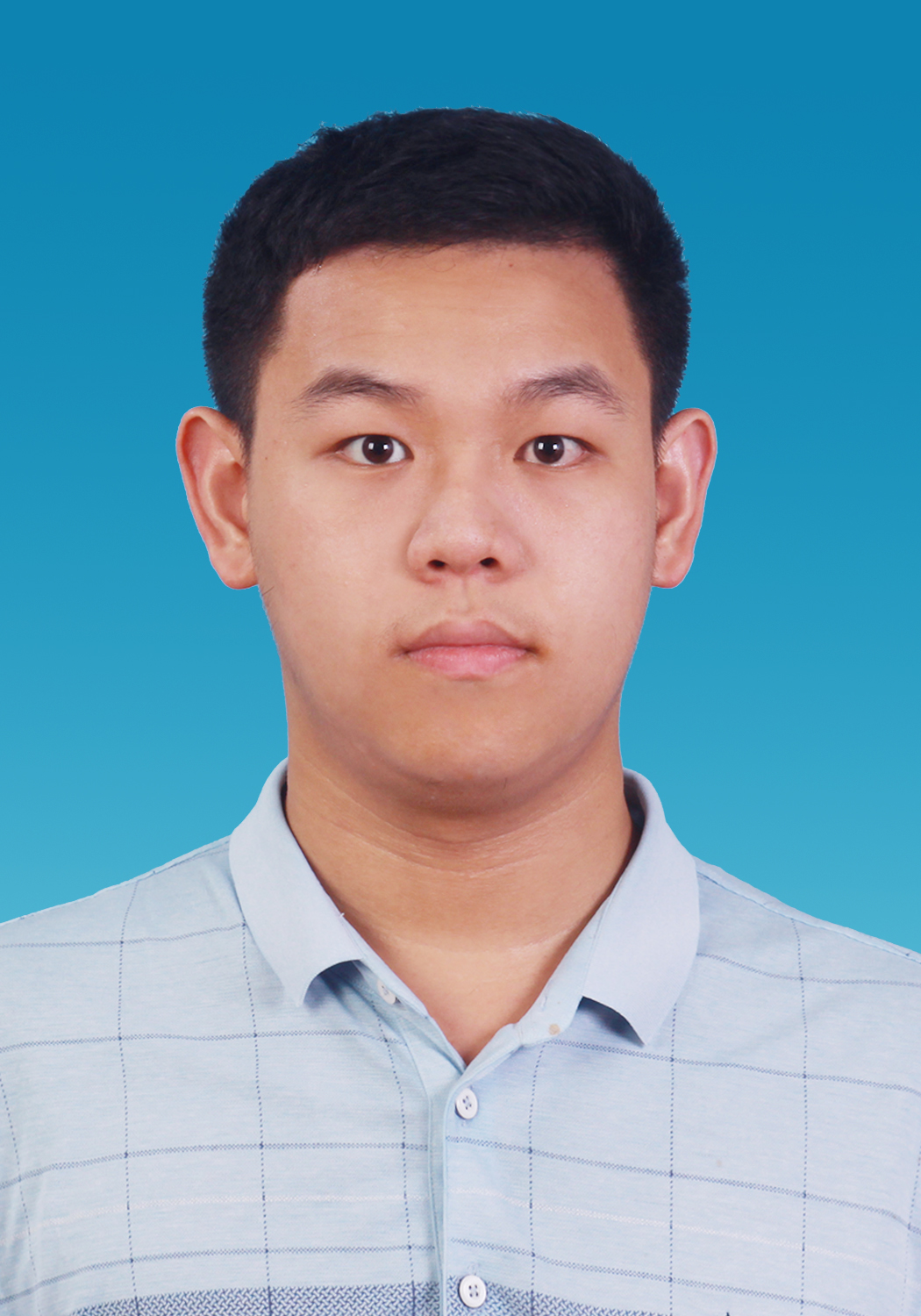 Wenyu Zhang
Wenyu Zhang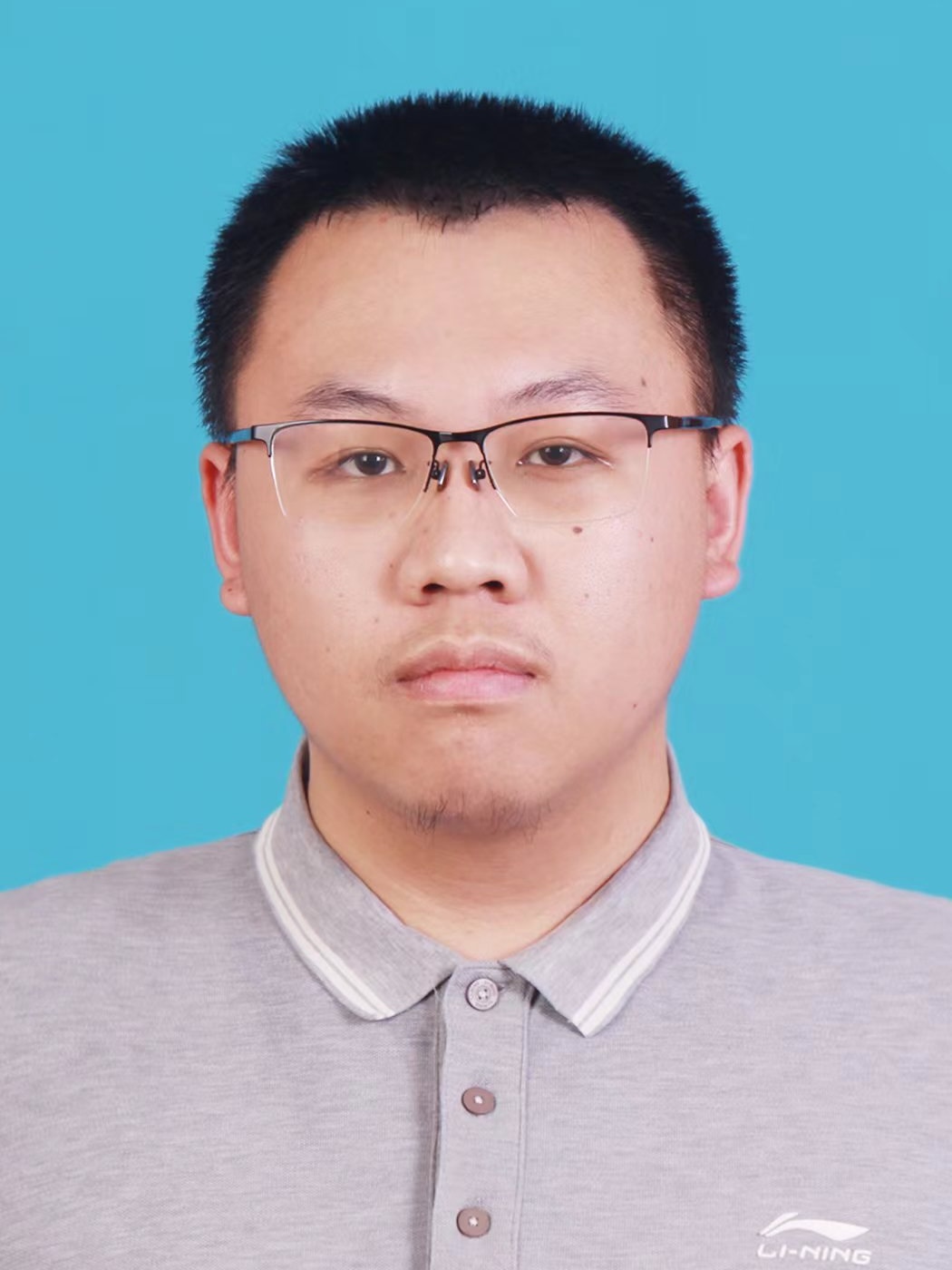 Qi'ao Li
Qi'ao Li Yiyang Chen
Yiyang Chen Xin Zhang
Xin Zhang